Disclosure: This article contains affiliate links. We may earn a commission from purchases at no extra cost to you, which helps our travel content.
As an electrical engineer who's spent years installing renewable energy systems across the globe, I've developed an eye for places where natural wonder meets technological possibility. Djibouti—this tiny nation on the Horn of Africa—epitomizes this intersection. With its otherworldly landscapes that could double as Mars terrain and some of the most biodiverse diving spots on Earth, Djibouti offers a remarkable contrast that few destinations can match. After a week of luxury adventure here last winter, I'm convinced it's the perfect destination for couples seeking both exhilaration and indulgence.
Diving into the Gulf of Tadjoura: Underwater Marvels
The engineering precision of nature becomes abundantly clear beneath the waters of the Gulf of Tadjoura. The confluence of the Red Sea and the Indian Ocean creates a thermal environment that supports incredible marine biodiversity—a perfect example of natural systems working in harmony.
Moucha Island, just a 30-minute boat ride from Djibouti City, offers world-class diving with visibility often exceeding 30 meters. During my three dives here, I encountered schools of barracuda moving with the synchronized efficiency of well-designed machinery, alongside graceful manta rays whose fluid movements could teach us volumes about hydrodynamics.
The highlight was undoubtedly swimming alongside whale sharks—gentle giants that can reach lengths of 12 meters. Their spotted patterns, unique as fingerprints, create a mesmerizing visual effect as they filter feed in the nutrient-rich waters. I captured the entire experience with my trusty underwater camera, which handled the depth and lighting conditions remarkably well.
For optimal diving conditions, I recommend basing yourself at the luxury resort where the professional dive center arranges daily excursions tailored to your experience level.
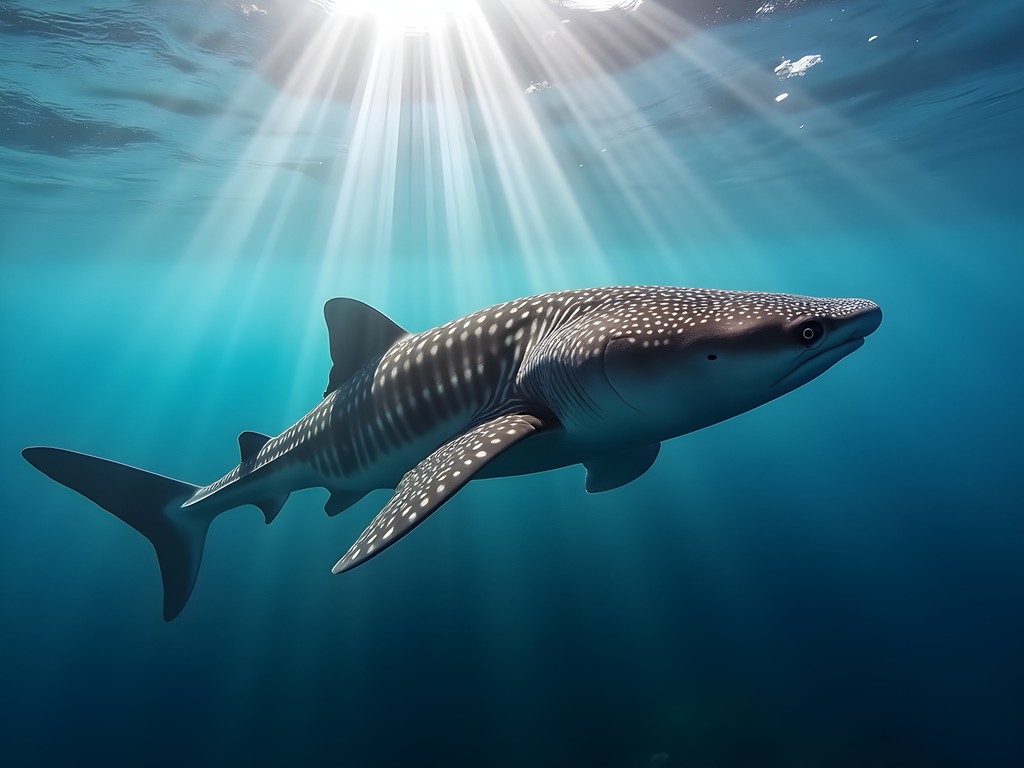
💡 Pro Tips
- Book diving packages in advance during whale shark season (November-February) as spots fill quickly
- Bring a 3mm wetsuit even in winter—water temperatures hover around 77°F (25°C) but can feel cooler during longer dives
- Consider a night dive at the Sables Blancs reef to witness the bioluminescent spectacle of the underwater world after dark
Lake Assal: Engineering Marvel of Nature
As someone who appreciates the technical wonders of our world, Lake Assal struck me as nature's own engineering masterpiece. Sitting 155 meters below sea level, it's the lowest point in Africa and the third lowest depression on Earth. The lake's hypersaline waters create a striking white salt crust that extends from the shoreline—a natural crystallization process that would fascinate any materials scientist.
Driving just two hours west of Djibouti City, the landscape transforms dramatically. The approach reveals an otherworldly panorama where the stark white salt deposits contrast against the black volcanic rock and the deep emerald waters of the lake. The technical aspects of this natural formation are fascinating—the extreme evaporation rate combined with minimal freshwater input creates one of the saltiest bodies of water on the planet, with salinity levels reaching 34.8%.
To truly appreciate this landscape, I recommend a guided tour with a local geologist who can explain the complex formation processes. For the journey, I relied heavily on my rugged hiking boots which provided excellent traction on the sharp salt crystals and volcanic terrain.
The juxtaposition of taking a buoyant float in the dense, mineral-rich waters in the morning and returning to the air-conditioned luxury of Djibouti City by evening perfectly encapsulates the unique adventure-luxury balance this destination offers.
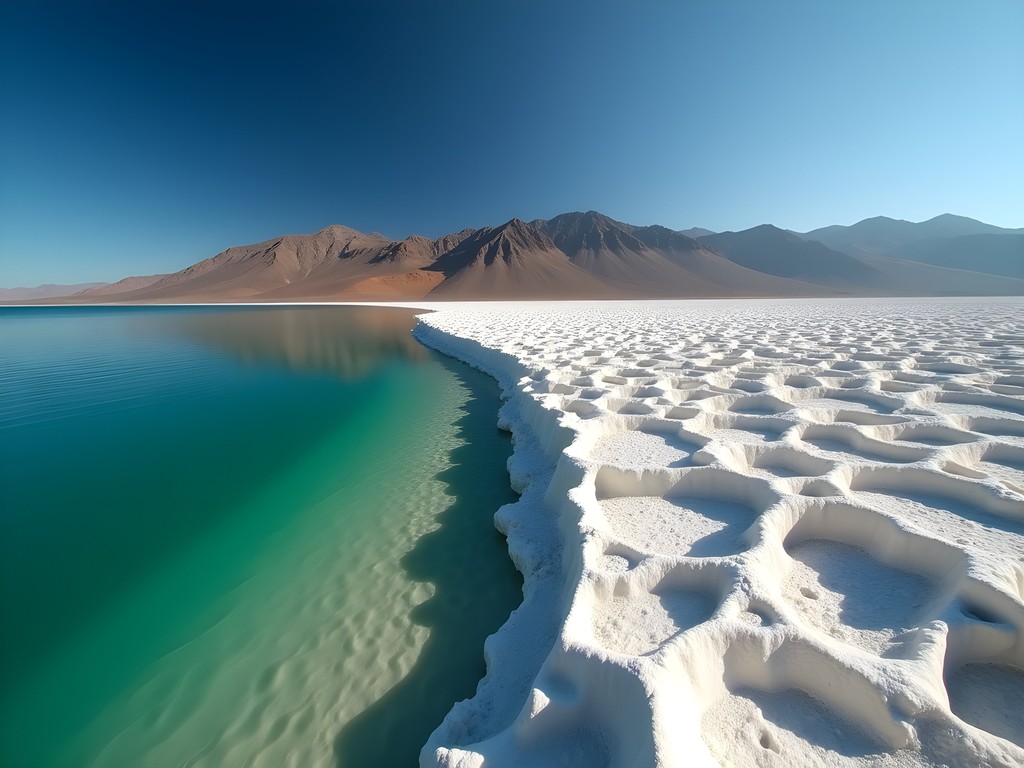
💡 Pro Tips
- Visit early morning (before 10am) or late afternoon (after 4pm) to avoid the intense midday heat
- Bring at least 3 liters of water per person—the dry heat and salt exposure are intensely dehydrating
- Pack protective footwear as salt crystals can be razor-sharp in certain areas
Expedition to Lac Abbé: The Chimney Kingdom
If Lake Assal represents nature's precision engineering, then Lac Abbé showcases its avant-garde architectural experimentation. Located on the Ethiopia-Djibouti border about 3 hours from the capital, this prehistoric lake basin features hundreds of limestone chimneys that vent steam and mineral-rich gases—some towering up to 50 meters high.
The technical formation process fascinates me: these chimneys are the result of hot springs depositing calcium carbonate over thousands of years, building these structures layer by microscopic layer. As an engineer, I couldn't help but analyze the structural integrity of these formations, which have withstood millennia of harsh desert conditions.
The landscape gained international fame as the filming location for the opening scene of Planet of the Apes (1968), and standing amidst these otherworldly formations at sunrise, it's easy to understand why. The limestone chimneys cast long shadows across the salt flats while steam vents create an ethereal atmosphere that feels genuinely extraterrestrial.
This excursion requires proper preparation. I recommend a two-day trip with overnight camping to experience both sunset and sunrise. My high-performance cooler proved invaluable for keeping provisions fresh in the desert heat, while my portable power station ensured I could keep camera batteries charged for the spectacular photo opportunities.
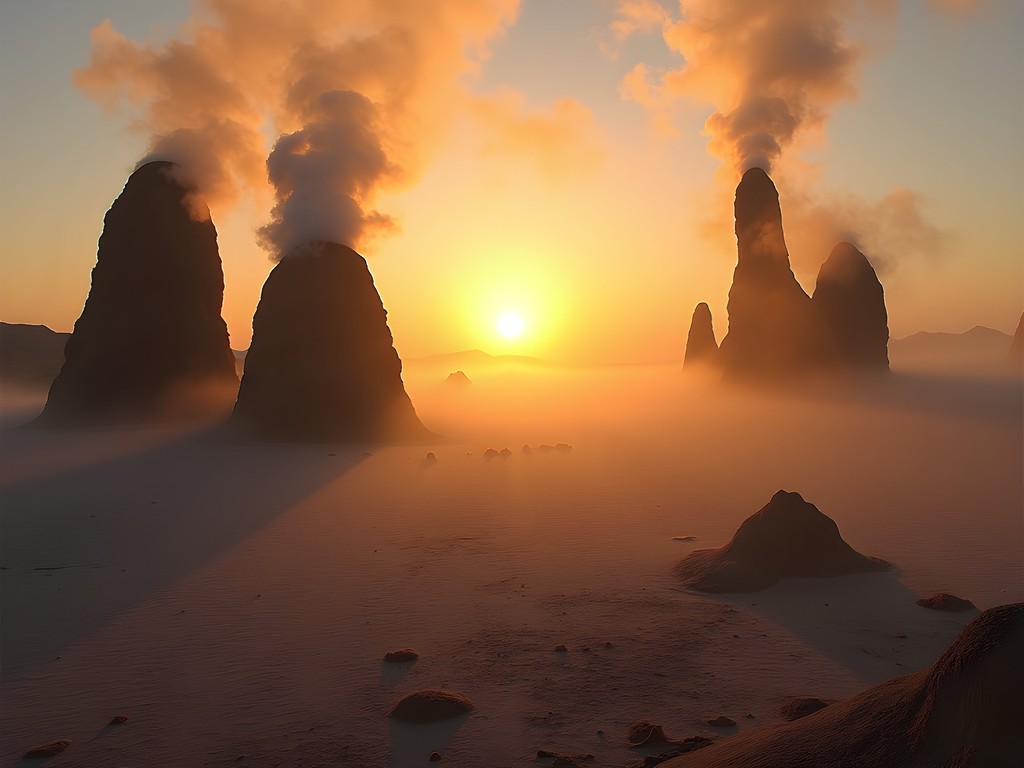
💡 Pro Tips
- Book through reputable tour operators who employ Afar guides familiar with the terrain—this is not an area for self-guided exploration
- Pack layers—daytime temperatures can exceed 100°F (38°C) while nights can drop below 60°F (15°C)
- Bring a star-tracking app for your phone to take advantage of the exceptional night sky viewing conditions
Cultural Immersion in Djibouti City
Between adrenaline-pumping adventures, Djibouti City offers fascinating cultural experiences that reflect its position at the crossroads of African and Arabic influences. The central market (Marché Central) operates with the organic efficiency of a well-designed system—each component fulfilling its purpose in the greater whole.
I spent a full morning exploring the market's narrow alleys, where the scent of cardamom, cloves, and frankincense filled the air. Local artisans display intricate handicrafts that showcase traditional techniques passed down through generations. As someone who appreciates craftsmanship, I was particularly drawn to the metalwork that combines practical function with artistic expression—much like the best engineering.
The European Quarter features French colonial architecture juxtaposed against modern developments, creating an intriguing urban landscape. For an authentic dining experience, Les Corniches restaurant offers spectacular seafood caught daily from the very waters you've been exploring, alongside panoramic views of the Gulf of Tadjoura.
To capture the vibrant street scenes and architecture, I relied on my versatile camera lens which handled the challenging lighting conditions from bright midday sun to moody evening scenes with remarkable clarity.
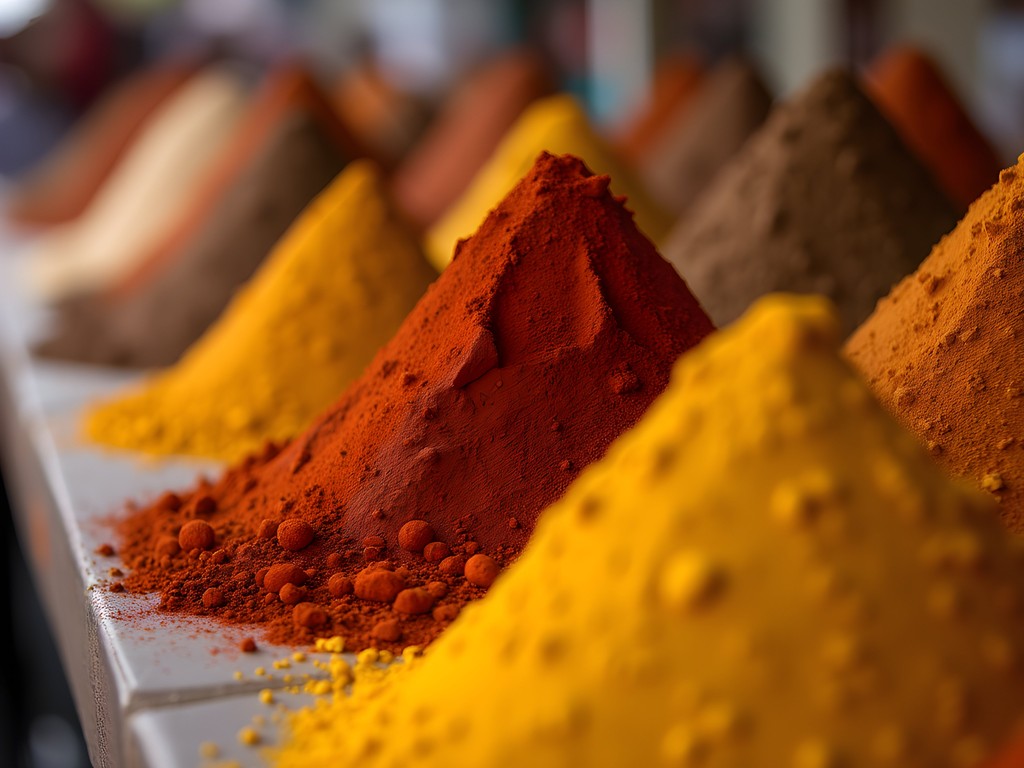
💡 Pro Tips
- Learn a few basic phrases in French and Arabic—both are widely spoken and efforts are always appreciated
- Visit the market early (7-9am) to see it at its most authentic and avoid the midday heat
- Respect local customs by dressing modestly, particularly when visiting religious sites or traditional neighborhoods
Luxury Desert Camping: Engineering Comfort in the Wilderness
The juxtaposition of extreme natural environments and engineered comfort reaches its apex in Djibouti's luxury desert camping experiences. After days of adventure, my partner and I retreated to a private desert camp near the Day Forest, where the principles of sustainable design created an oasis of luxury amid the arid landscape.
Our geodesic dome tent featured a transparent section for stargazing directly from our king-sized bed—an elegant solution to maintain structural integrity while maximizing the connection to the environment. Solar power systems provided sustainable electricity, while sophisticated water filtration technology ensured we had hot showers despite being miles from conventional infrastructure.
The camp chef prepared traditional Djiboutian cuisine with French influences, including fah-fah (spiced goat stew) and freshly caught fish from the Gulf. Dining by lantern light under the vast canopy of stars created an atmosphere that no urban luxury hotel could possibly match.
For capturing the incredible night skies, I used my travel tripod which proved both lightweight for transport and remarkably stable for the long exposures needed for astrophotography. My merino wool base layers kept me comfortable as temperatures dropped dramatically after sunset.
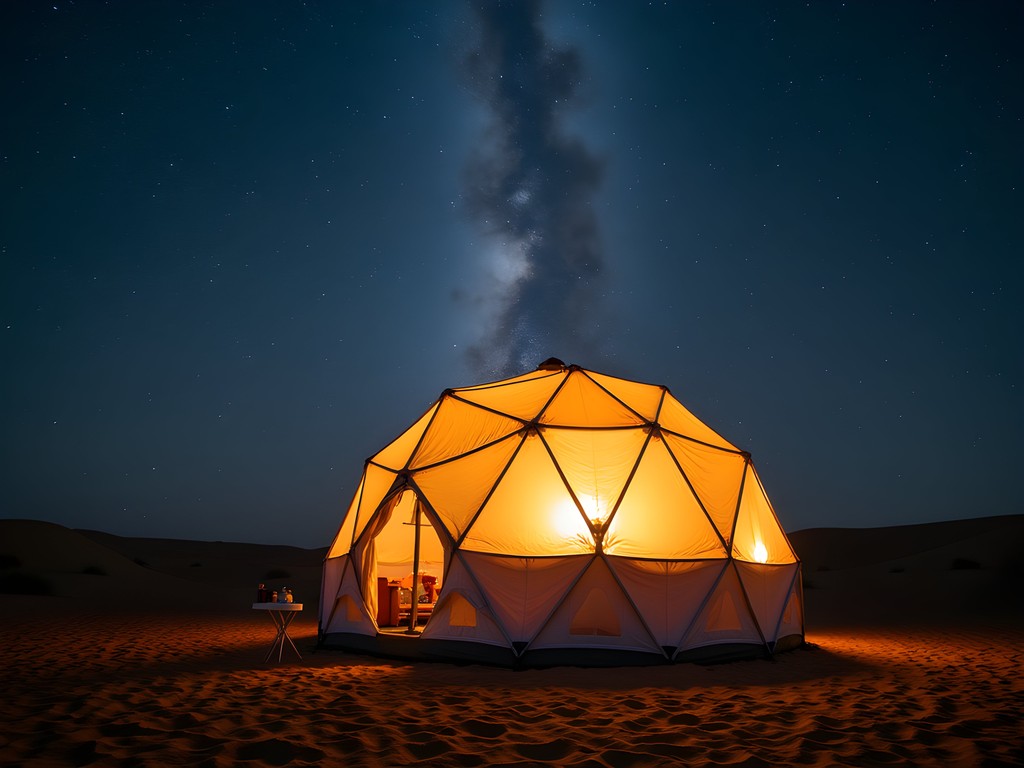
💡 Pro Tips
- Book luxury camping experiences at least 3 months in advance as the limited capacity fills quickly during high season
- Bring a headlamp with red light mode to preserve night vision while navigating camp after dark
- Pack a lightweight down jacket even in winter—desert temperatures can drop below 60°F (15°C) at night
Final Thoughts
Djibouti represents what I find most compelling in travel—environments where natural extremes meet human ingenuity. From the biological engineering of whale shark migration patterns to the geological processes that created Lake Assal and Lac Abbé, this tiny nation offers a masterclass in natural systems that have evolved over millennia. Paired with thoughtfully designed luxury experiences that respect and highlight these natural wonders, Djibouti creates a perfect adventure laboratory for couples.
As an engineer, I'm drawn to places where I can observe both natural and human-made systems at work. Djibouti delivers this in abundance—whether examining the structural integrity of ancient limestone formations or appreciating the sustainable design principles of luxury desert accommodations. The country's commitment to developing eco-conscious tourism infrastructure suggests a promising future where adventure and preservation work in tandem.
If you and your partner seek experiences that combine intellectual fascination with physical challenge and luxurious comfort, set your sights on this overlooked gem on the Horn of Africa. In a world increasingly defined by overtourism, Djibouti remains refreshingly authentic—a place where adventure still feels like genuine exploration rather than a curated experience. Pack your diving gear and desert boots; this remarkable destination awaits.
✨ Key Takeaways
- Djibouti offers world-class diving with whale sharks from November to February in the Gulf of Tadjoura
- The otherworldly landscapes of Lake Assal and Lac Abbé provide unique photography opportunities and geological wonders
- Luxury desert camping creates the perfect balance between adventure and comfort for couples seeking both excitement and romance
📋 Practical Information
Best Time to Visit
November through February
Budget Estimate
$400-600 per day per couple (including luxury accommodations, guided tours, and diving packages)
Recommended Duration
7-10 days
Difficulty Level
Intermediate

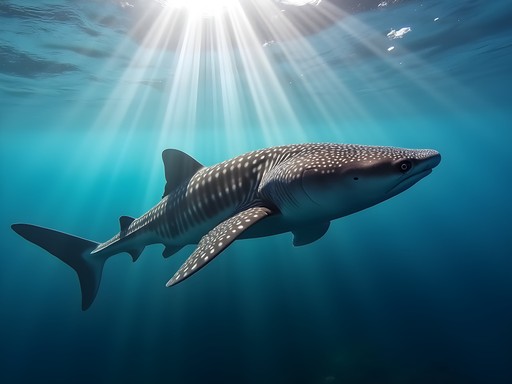
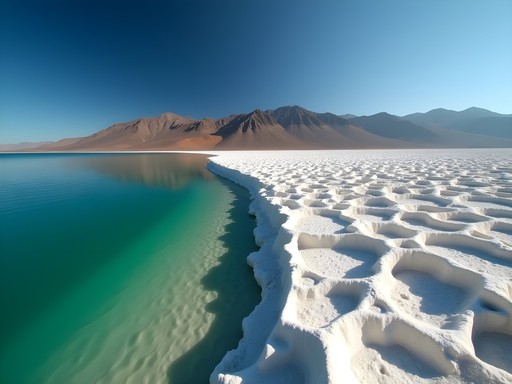
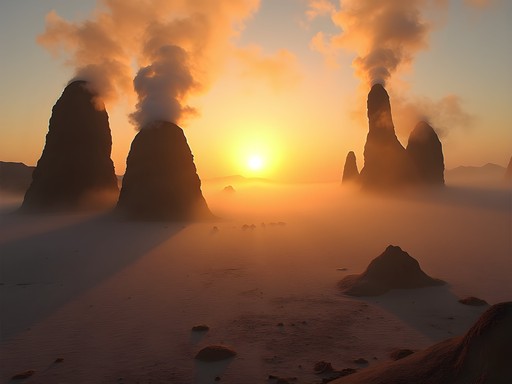
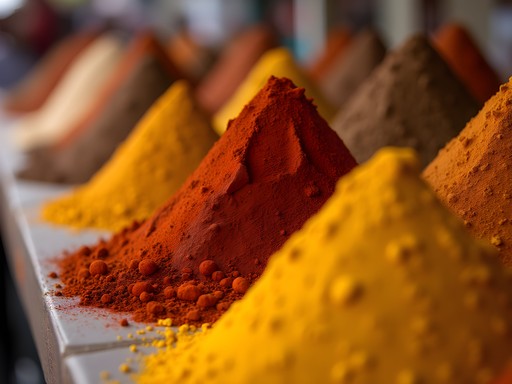
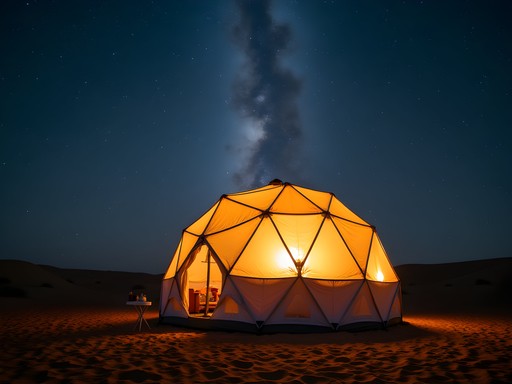


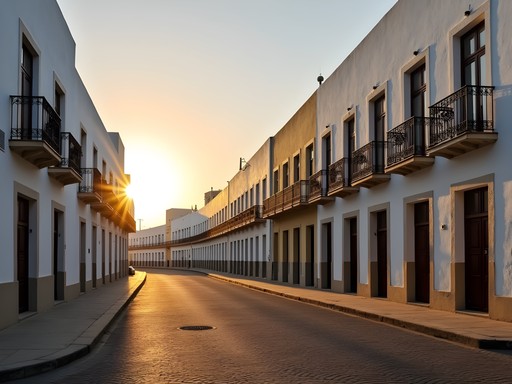
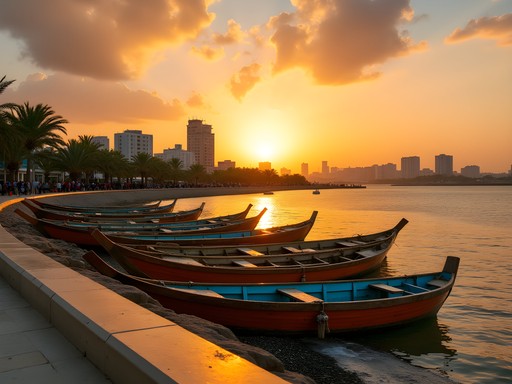
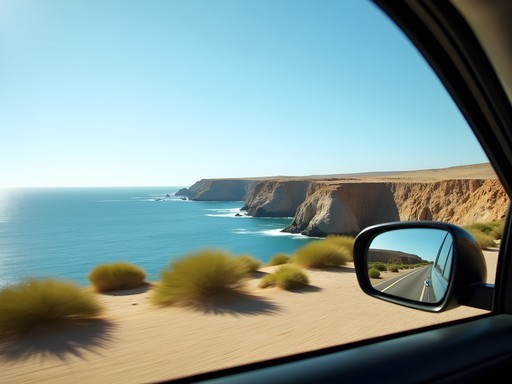
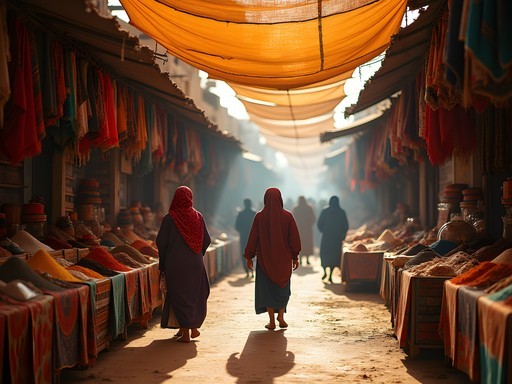

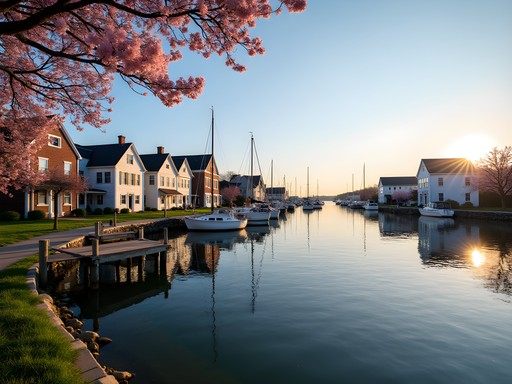
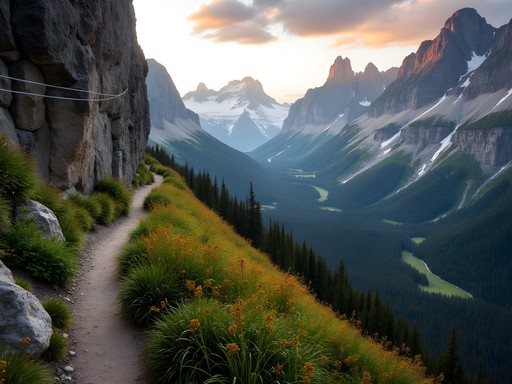
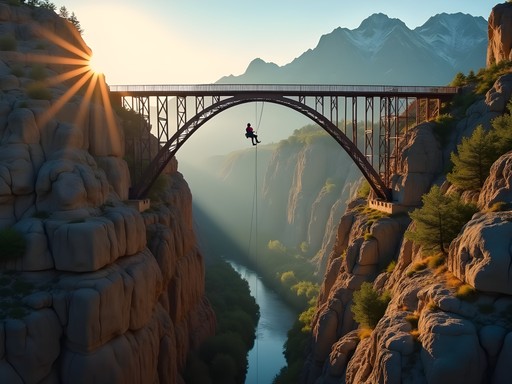
Comments
luckyguide
Been to Djibouti twice now. Few tips: November-March is best weather-wise, avoid June-August unless you love extreme heat. For diving, Day Forest National Park is also worth checking out if you have extra time. The contrast between coast and interior is wild. Hire guides for Lac Abbé—it's remote and easy to get lost. Also the French military presence means some areas need permits, plan ahead.
wilddiver
Thanks! Adding this to my bucket list now
sunsetvibes
What's the best time of year to visit?
Sophia Gomez
I was in Djibouti City for a conference last year and managed to squeeze in a day trip to Lake Assal. The engineering perspective you brought to this is fascinating—I never thought about the salt extraction operations that way. For business travelers with limited time: the whale shark season (October-January) is worth planning around if you can swing it. I used a local tour operator for the Lake Assal trip since I only had one free day, and it was seamless. The city itself has decent hotels near the port if you're mixing business with adventure. Great post!
luckyguide
Which tour operator did you use? Looking for reliable options
vacationlife
This looks incredible! Is it safe for tourists? And how's the infrastructure for getting around to these places?
Haley Hamilton
Brandon, this brings back memories! I backpacked through Djibouti in 2023 and Lac Abbé was absolutely surreal—those limestone chimneys at sunrise felt like being on another planet. The drive out there is rough (we hired a 4x4 from the city), but totally worth it. One thing I'd add: bring WAY more water than you think you need. Lake Assal's heat is no joke. We went through 6 liters each in just a few hours. The contrast between diving the Gulf one day and standing at the lowest point in Africa the next is just incredible. Did you get a chance to try the Yemeni-influenced food in the markets?
sunsetvibes
How many days would you recommend for Djibouti? Trying to plan a trip
Haley Hamilton
I'd say minimum 5-6 days to hit the main spots without rushing. Give yourself at least 2 days for diving/snorkeling, a full day for Lake Assal, and a day trip to Lac Abbé. Plus time in the city itself!
wilddiver
Wow never even heard of this place! Looks amazing
skymate
Those chimney formations at Lac Abbé look incredible! Almost like something from Star Wars! Did you camp overnight there?
freefan
Not the author, but I did the overnight camping at Lac Abbé last year! Absolutely worth it - the sunrise over those limestone chimneys is UNREAL. Just bring layers, it gets surprisingly cold at night in the desert!
happywalker
Adding this to my bucket list immediately! Those chimney formations look like another planet!
wildway
How did you get around between these sites? Is renting a car feasible or did you use tours?
roamninja
Not the author but we used a mix. Local buses within the city, hired driver for Lake Assal (easy day trip), and an overnight tour for Lac Abbé (you need a proper guide). Wouldn't recommend self-driving unless you're very experienced with rough terrain.
Jean Wells
Brandon, your engineering perspective on Djibouti offers a refreshing analytical view that most travel blogs miss. I visited in 2024 and was equally fascinated by the geological extremes. Your assessment of Lake Assal's hypersalinity is spot-on - I measured the salinity levels myself as part of a personal project comparing Dead Sea/Lake Assal ecosystems. One note for readers: the political situation near the Eritrean border has improved significantly since 2023, but still requires careful planning. I found using satellite messenger essential when venturing to remote areas like Lac Abbé. Did you encounter any challenges with connectivity during your installations work?
wildway
Jean - is the border situation really better now? I've been hesitant to book because of safety concerns.
Jean Wells
It's significantly improved since the 2023 agreements, but always check government advisories before booking. I felt completely safe in Djibouti City and all major tourist sites.
Venture X
Premium card with 2X miles, $300 travel credit, Priority Pass